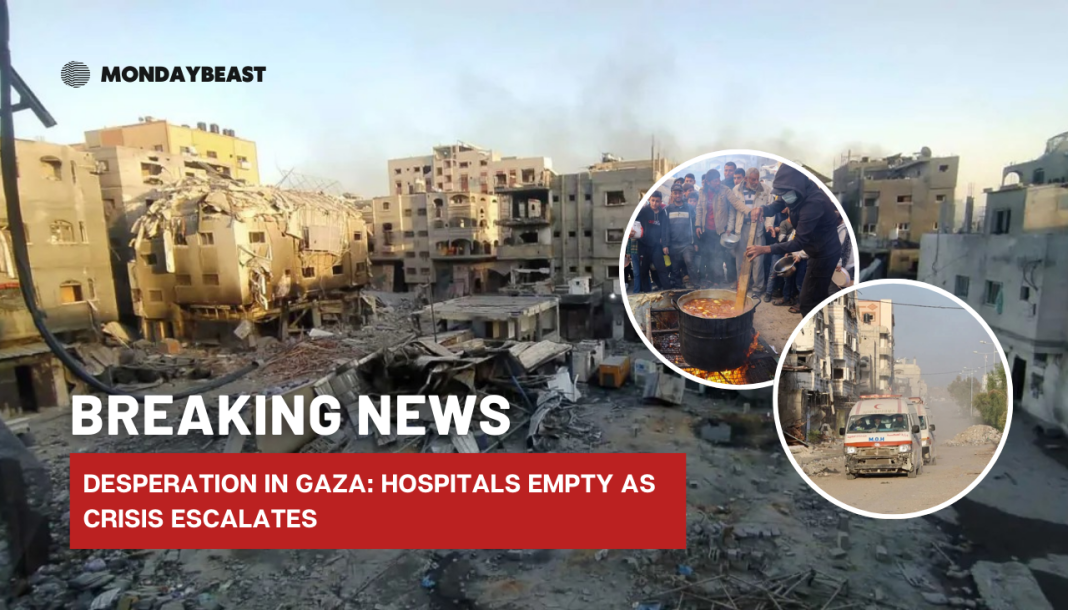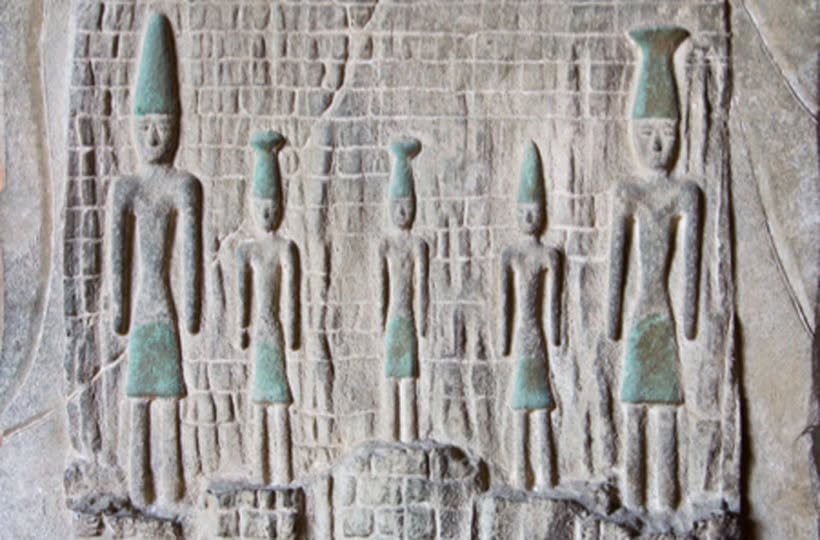Northern Gaza’s Last Hospital Closes
The Kamal Adwan Hospital in northern Gaza is now closed. Israeli forces raided it on Friday, causing extensive damage. This hospital was the last major facility still operational in the region. With approximately 75,000 Palestinians reliant on its services, this closure is catastrophic.
Critically ill patients have been moved to other hospitals that are struggling to function. The World Health Organization (WHO) reported that even the Indonesian Hospital is unable to deliver adequate care. The health system in northern Gaza is collapsing, and fears are growing amongst the population.
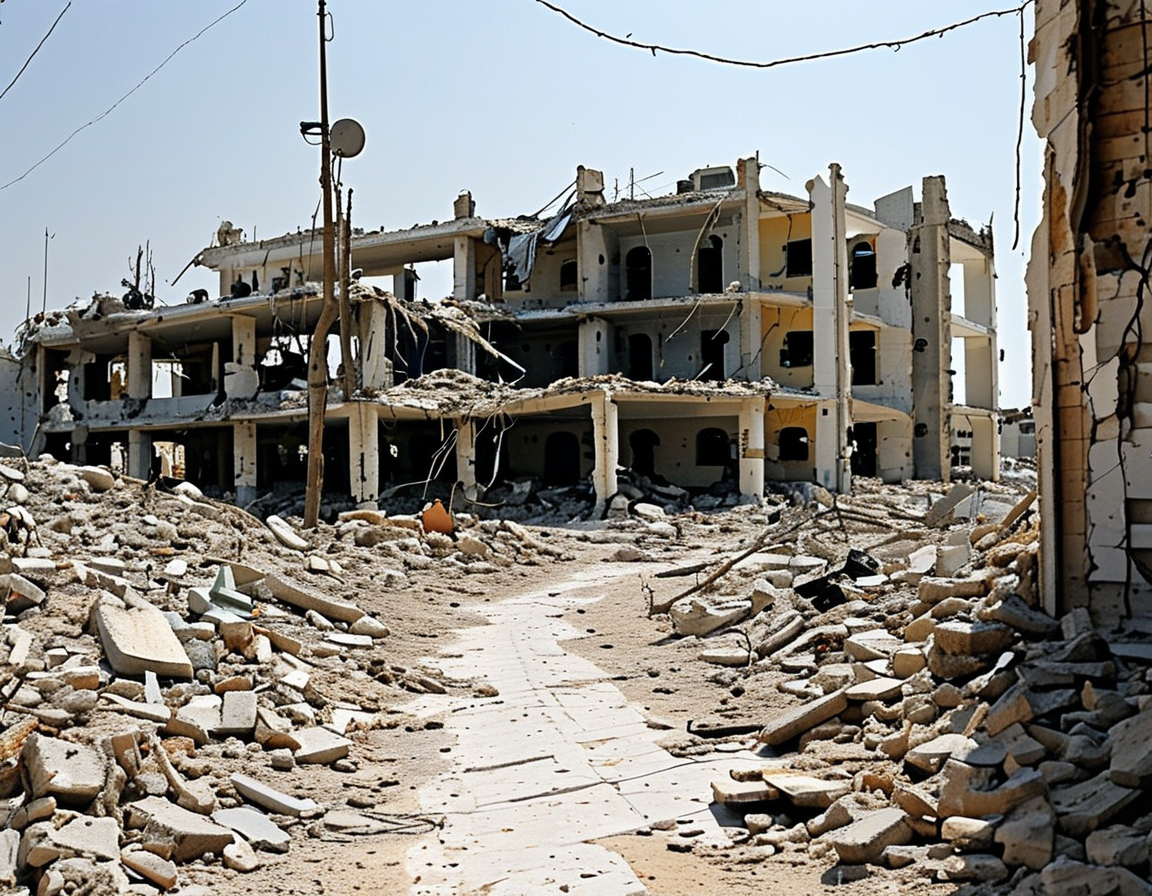
Dr. Hussam Abu Safiya, the director of Kamal Adwan, was detained during the raid. His arrest fueled outrage among Palestinians and sparked condemnation from rights groups. They called him a vital voice for Gaza’s ailing healthcare sector. This incident highlights the intertwining of the health crisis with broader geopolitical tensions.
Humanitarian Aid Running Dry
Aid is trickling into northern Gaza, but it’s nowhere near enough. The UN’s data reveals that since October, just over 5,500 truckloads of aid have entered. However, almost all recent attempts to coordinate this aid have faced multiple hurdles. Over the weekend, the Israeli military restricted access, exacerbating the dire situation.
Many people are struggling with food shortages. It’s not just basic commodities; medicines and medical supplies are in critically low stock. With hospitals closing, thousands are left without access to essential care. One medical director called the health system in northern Gaza completely deteriorated, a stark testament to the ongoing crisis.
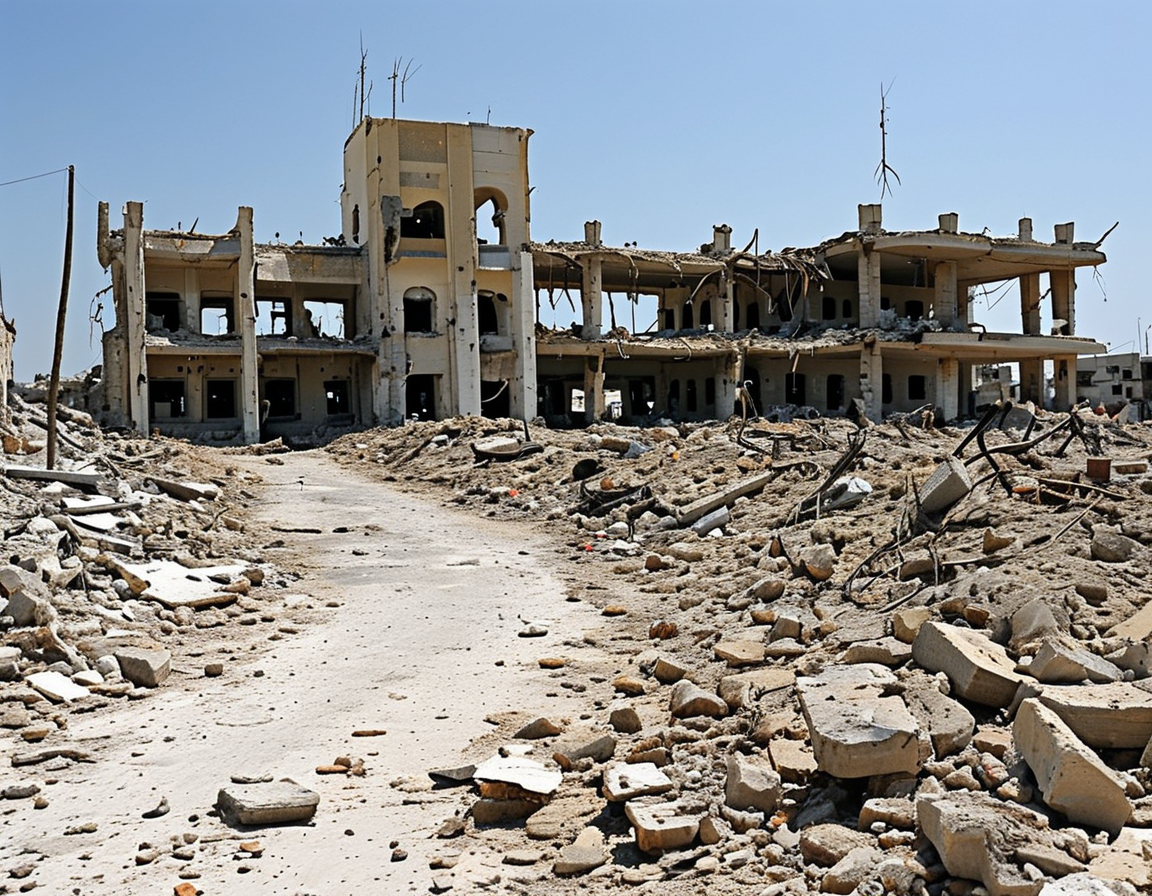
Jonathan Whittall from the UN Office for the Coordination of Humanitarian Affairs highlighted these challenges. He stated, ‘We don’t have the ability to provide the level of assistance that is needed.’ This is a sentiment echoed by many, painting a picture of despair among those trapped in the conflict.
The Impact of War on Health Workers
The war has taken a severe toll on healthcare workers. Dr. Ghassan Abu Sitta wrote about the triad of death facing patients: hypothermia, malnutrition, and injury. This reflects the reality that people are dying from conditions that shouldn’t be fatal under normal circumstances. It’s a testament to the impact of war on human life.
Healthcare workers are often left feeling helpless. Many have faced detention under accusations of being linked to Hamas. Amnesty International raised concerns about the treatment of these workers. They highlighted cases of torture and inhumane detention conditions. Such actions deter skilled professionals from assisting where they are urgently needed.
Perspectives from the Ground
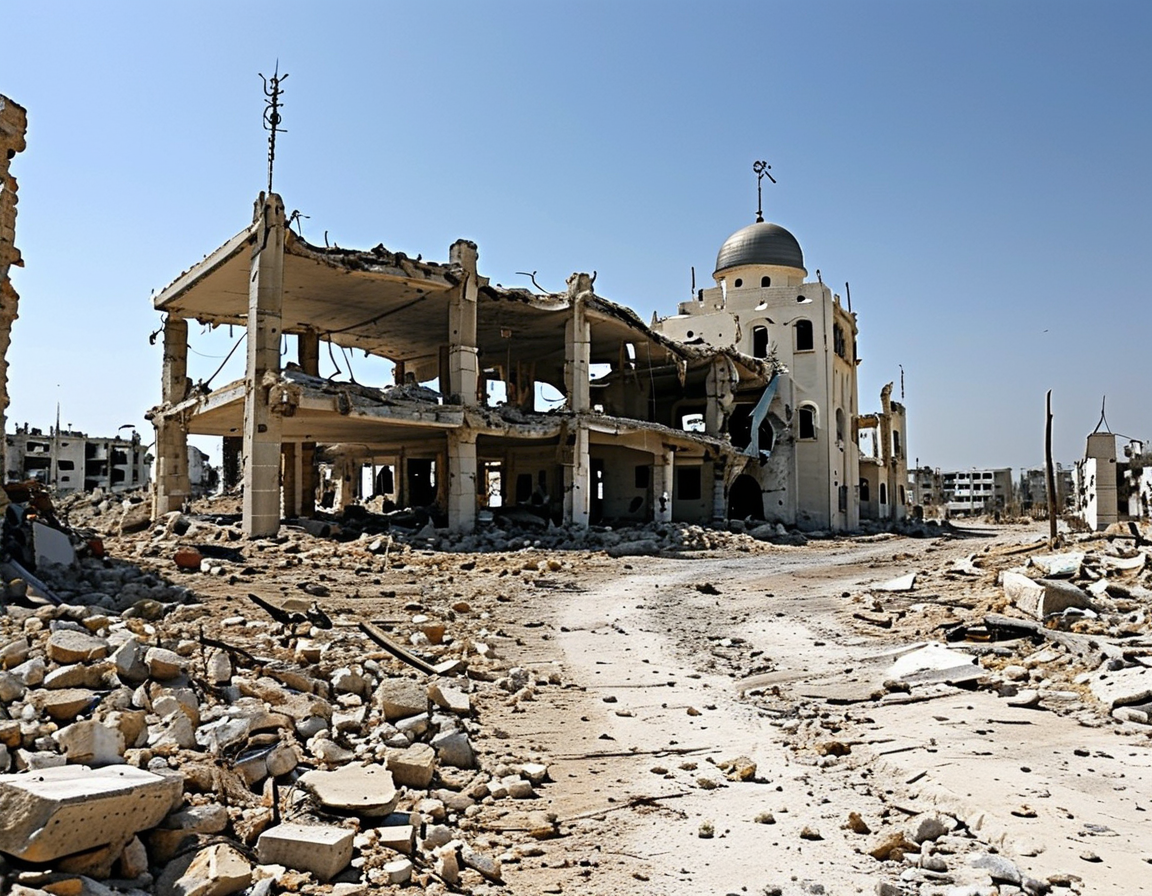
Local health officials share heartbreaking stories of survival under near-impossible conditions. Mohammed Salha, director of Al Awda Hospital, described the state of his facility. With minimal fuel and overwhelming patient numbers, he stated, ‘We are working to save what is left.’ This statement encapsulates the feelings of many working in these makeshift hospitals.
There’s a harsh reality those in Gaza face every day. The streets are strewn with debris, and families have been decimated. The emotional toll on those who remain is profound. How do they continue? The question weighs heavily on the hearts and minds of everyone left in this ravaged area.
In this time of chaos, can we find a glimmer of hope? What steps can the global community take to alleviate this crisis? These questions linger as we watch the situation develop in Gaza.

